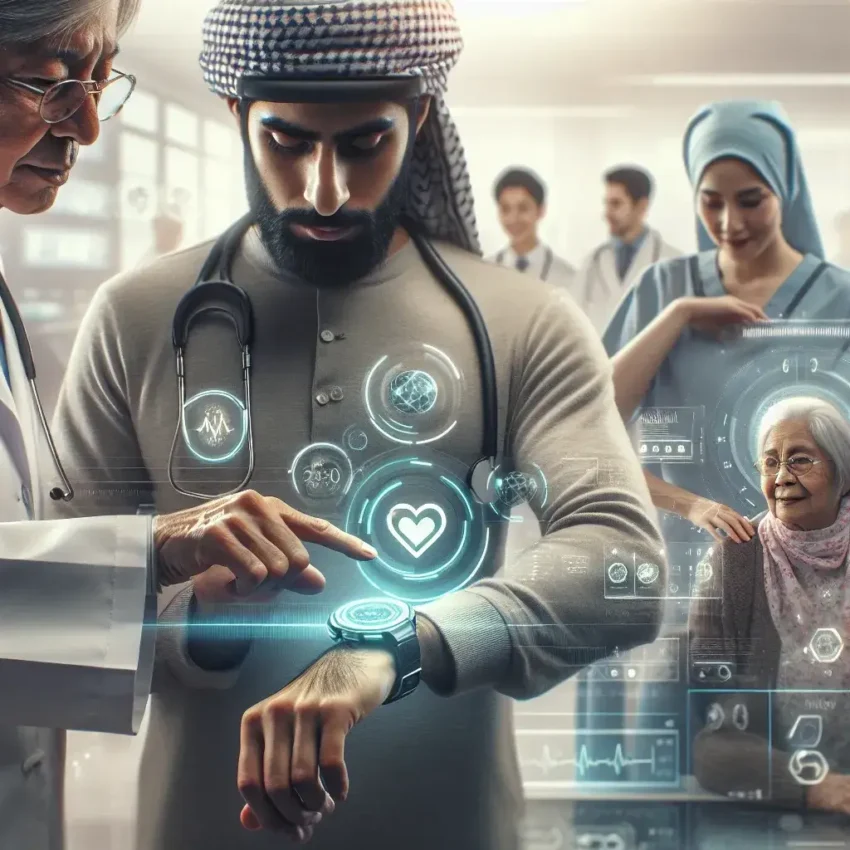The Future of Wearable Technology in Healthcare
Wearable technology has transformed various industries, and healthcare is no exception. As technology continues to advance, the integration of wearables in healthcare systems promises to enhance patient monitoring, treatment, and overall health management.
1. Current Benefits of Wearable Technology
Wearable devices offer numerous advantages:
- Continuous Monitoring: Wearables can continuously track vital signs such as heart rate, blood pressure, and oxygen levels, providing valuable real-time data.
- Data-Driven Insights: They collect and analyze health data, helping healthcare providers make informed decisions.
- Patient Engagement: Wearable technology promotes patient involvement in their own health management, leading to healthier lifestyle choices.
- Remote Care: These devices enable remote patient monitoring, reducing the need for frequent hospital visits.
2. Future Trends in Wearable Technology
The future of wearable technology in healthcare looks promising. Here are some anticipated trends:
- Increased Integration with AI: Artificial Intelligence will enhance the analytical capabilities of wearable devices, providing predictive insights about potential health issues.
- Enhanced Interoperability: Future wearables will sync with various healthcare systems, allowing seamless data sharing among medical professionals.
- Advanced Sensor Technology: Innovations in sensors will allow wearables to monitor a wider range of physiological parameters, detecting health issues earlier.
- Personalized Healthcare: Wearables will contribute to more personalized treatment plans based on individual health data.
3. Challenges to Overcome
Despite the promising future, several challenges need to be addressed:
- Privacy Concerns: The collection of sensitive health data raises significant privacy issues that need robust solutions.
- Data Security: Ensuring the security of health data is vital to protect against cyber threats.
- Regulatory Hurdles: Wearable technology must navigate complex regulatory frameworks to gain approval for medical use.
4. Conclusion
Wearable technology is set to revolutionize the healthcare landscape, offering improved monitoring, data insights, and personalized care. While challenges remain, ongoing advancements in technology and regulatory frameworks will help pave the way for a healthier future. Embracing this technological evolution may redefine how we approach health and wellness in the coming years.

